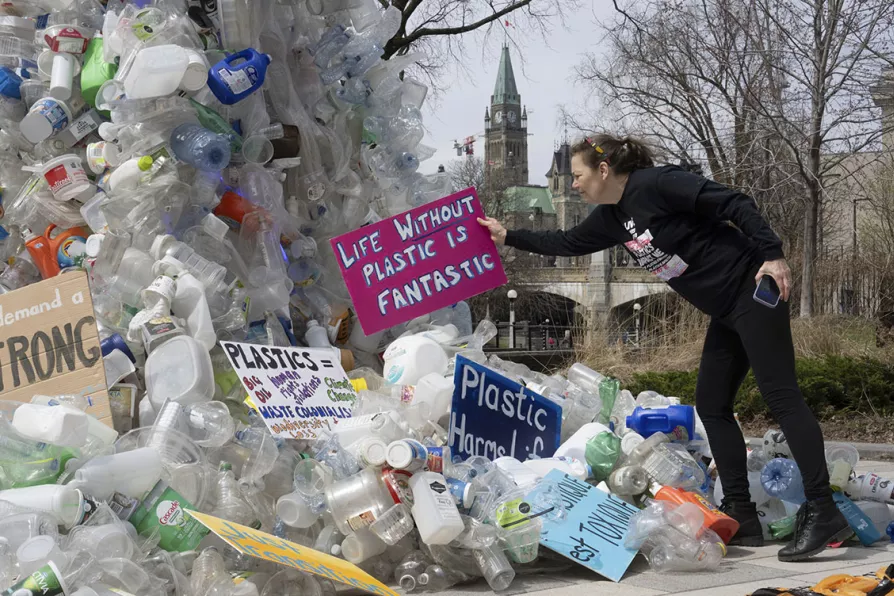Progress made over new treaty to end plastic pollution

 Plastic pollution
Plastic pollution
INTERNATIONAL negotiators made progress today towards drawing up a new treaty to end plastic pollution.
After four rounds of talks, the United Nations Intergovernmental Negotiating Committee on Plastic Pollution began discussing the text of what is supposed to become a global pact.
Delegates and observers in the Canadian capital Ottawa called it a welcome sign that the talks had shifted from ideas to treaty language.
More from this author

















